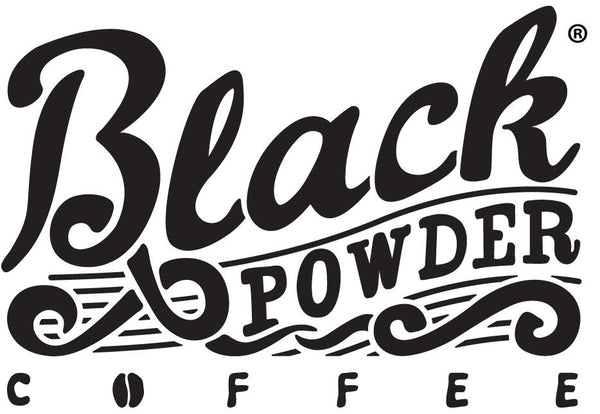Living, eating, and drinking healthy has become more than a trend, it has become more of a lifestyle choice. Everyone doing their part to eliminate toxins and harmful chemicals, additives and other non-natural flavors that change the taste of foods and drinks. Lets explore and dig into some terms and how they affect the coffee industry.
Coffee isn't no different from other food products, there are variables that can affect every step of the coffee process, from growing, harvesting, drying, packaging, shipping, etc.
Mycotoxins in Green Coffee
What is a Mycotoxin? A Mycotoxin is a toxic chemical that is produced by fungi that can be found in crops. Learn more about Mycotoxins from the World Health Organization.
Are Mycotoxins in Coffee? This is a interesting question. As a small roaster, we can’t guarantee for we do not have custody and green drying process control of each lot. We are a very scientific and factual company. Please do not let the arguments below change your view of the issue for we respect each person’s and company’s viewpoint.
Regulations: Mycotoxin levels in food are tightly regulated. Canada and the United States have had Mycotoxin regulations in place for many years. Health Canada monitors the food supply for the natural toxins. Europe has even stricter laws. This has resulted in coffee industry to test and regulate to the maximum standard for green coffee goes to Europe and the USA from the same batch, farms, and process.
"Study: A study from the book, Coffee: Physiology, showed Ochratoxin A being 80-90% degraded during the roasting process after it was added to a test sample of green coffee. Alfatoxin B1 was not even found in the coffee after roasting at 220⁰C (425 F). The conclusion was that the possibility of a cup of roasted coffee still containing Mycotoxins is extremely low. (Ochratoxin A and Aflatoxin B1)."
Conclusion from R.J. Clarke and R. Macrae in their book, Coffee: Physiology, "Mycotoxins have sometimes been associated with coffee: here again their importance should not be dramatized as they do not present an undue toxicological hazard with the good manufacturing practices normally encountered in coffee production."
Learn more from this great article where paragraphs above where sited: https://www.kickinghorsecoffee.com/en/blog/mycotoxins
Gluten Free Coffee
Is coffee Gluten Free? Plain, black coffee should be gluten-free. As long as the farm-roaster process has not had any cross contamination by gluten.
What about flavored coffee? Pre-flavored coffee such as a Peanut Butter, Snickerdoodle, Michigan Dark Cherry are all flavored with natural flavor oils. The products we use, do not contain gluten. Additives such as powdered creamers and other dairy based creamers may contain gluten. Research needs to be done on the creamers that you add to your coffee.
The truth is, coffee can be tough on sensitive stomachs. Regular coffee contains caffeine, which to certain people can affect your digestive system. Coffee can irritate drinkers with celiac disease, gluten sensitivity, or IBS (irritable bowel syndrome). We do our best by helping with any stomach sensitivity by our roasting process and controlling acidity levels.
Naturally Grown Coffee
Black Powder Coffee offers a variety of organically farmed coffee, which we classify as "naturally grown". What does this mean to you? See a previous post about Naturally Grown.
Black Powder Coffee, as a small batch craft coffee roaster, we strive to have the best coffee possible.
